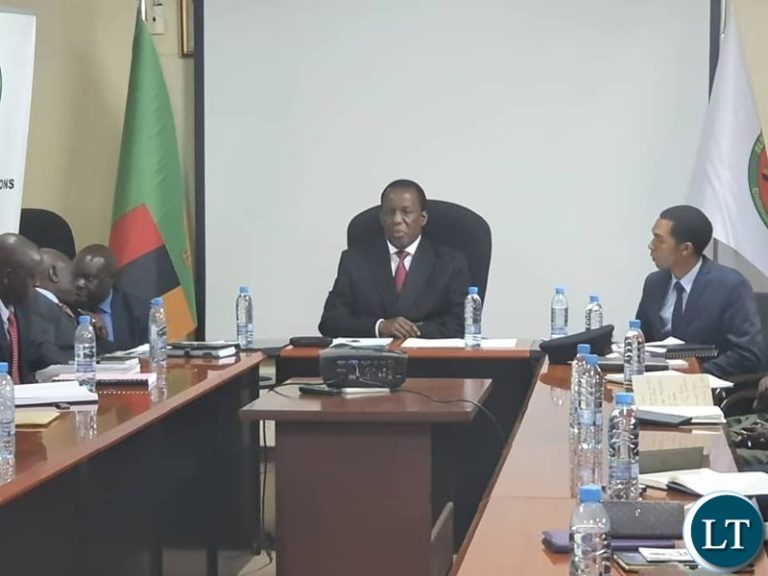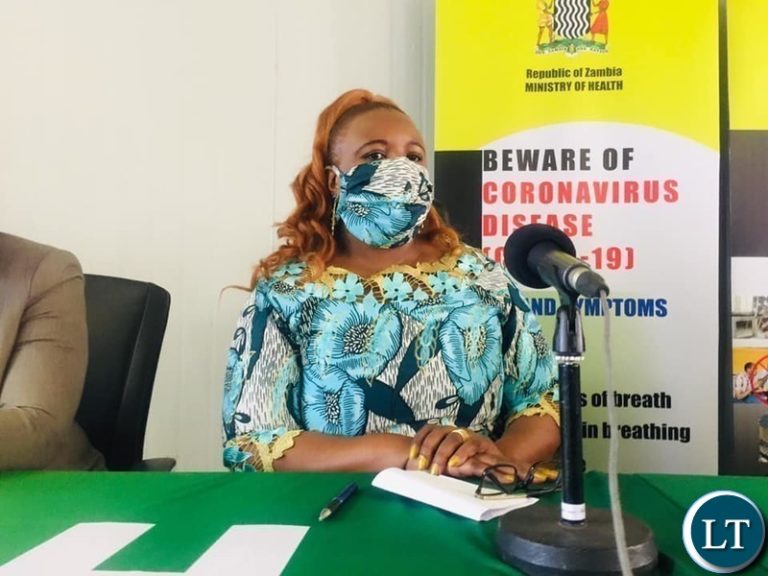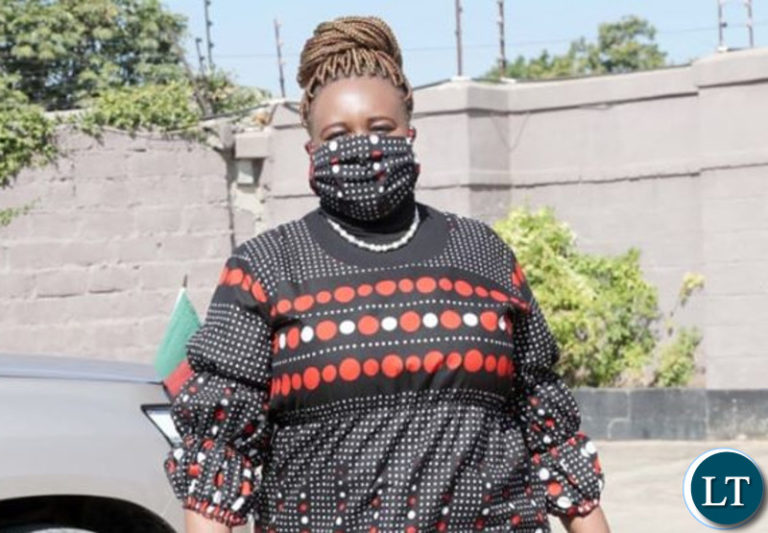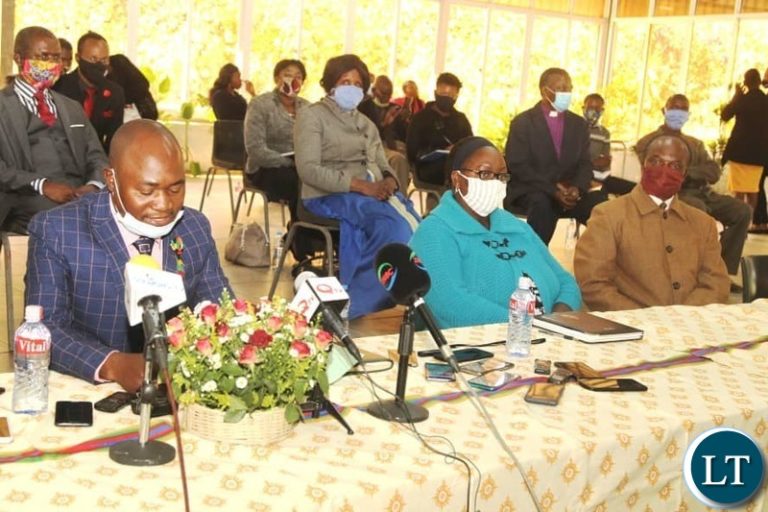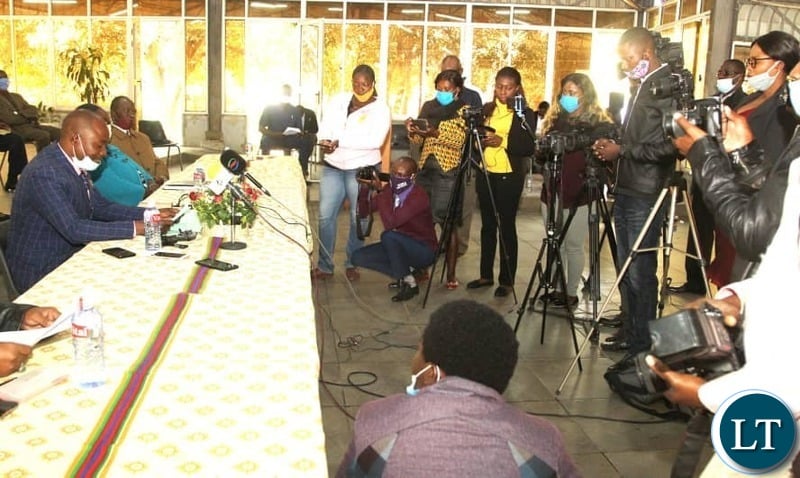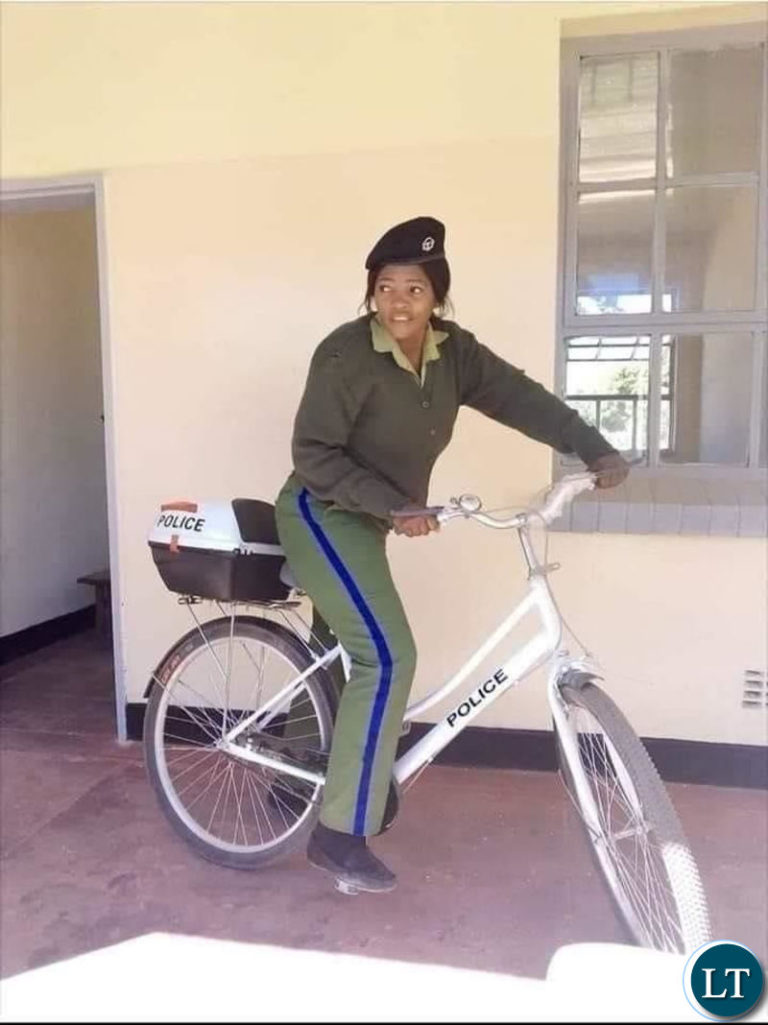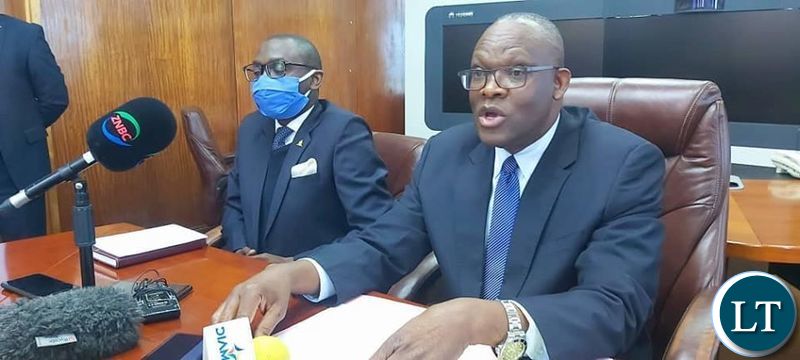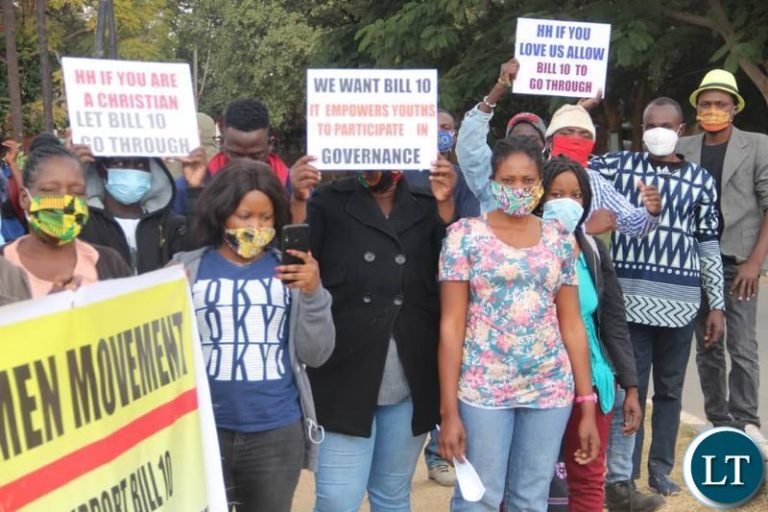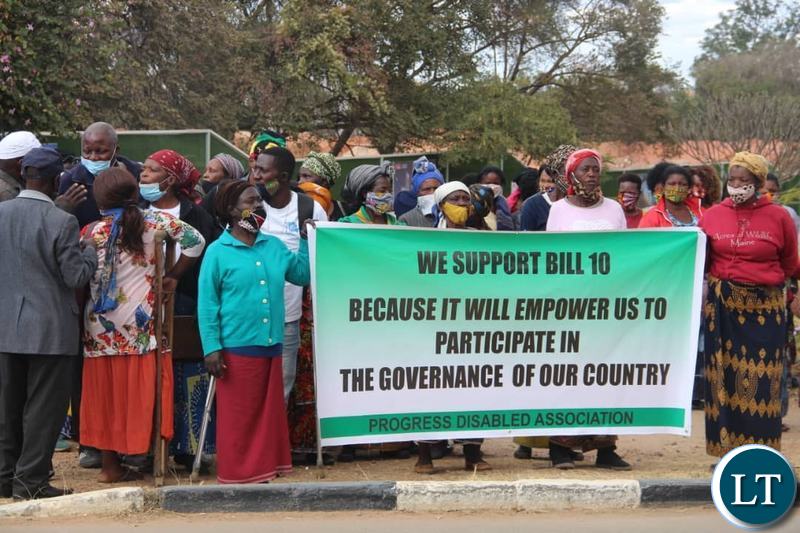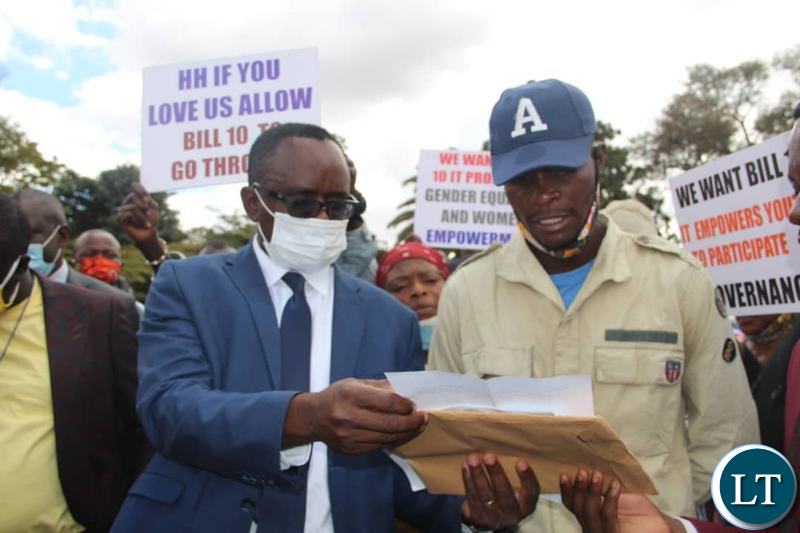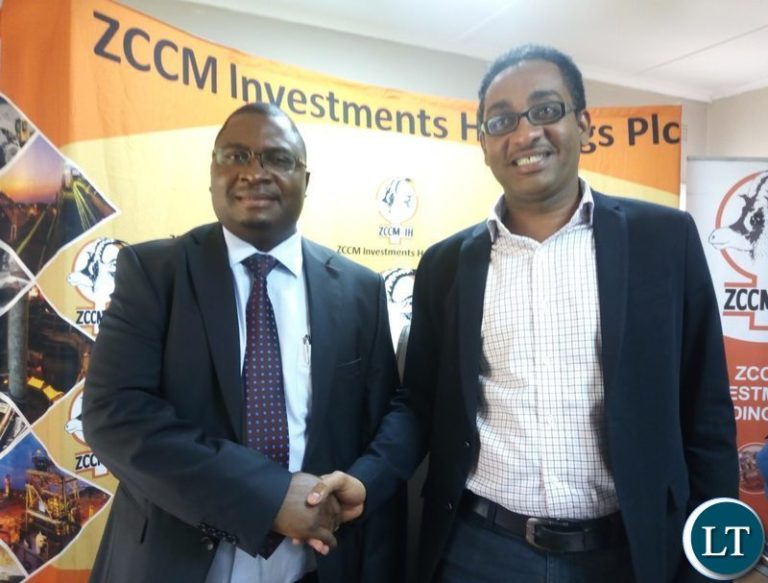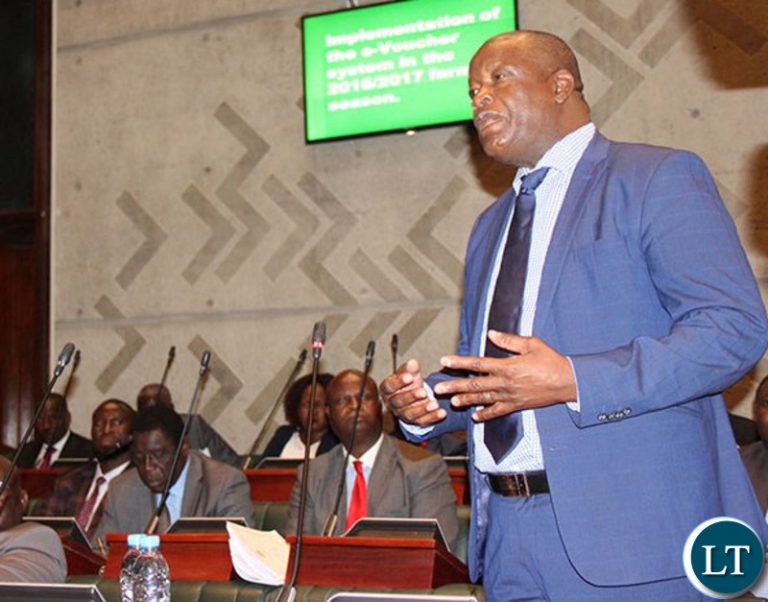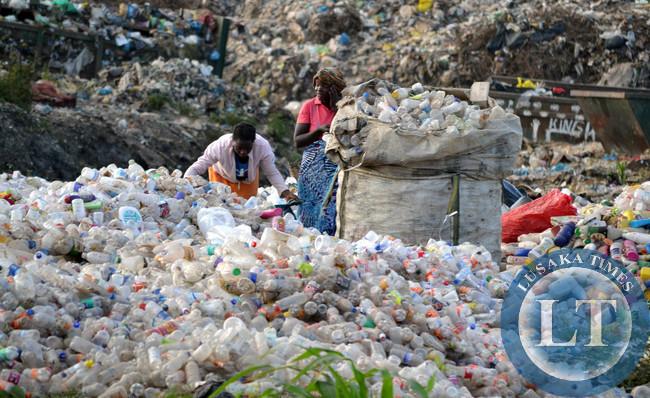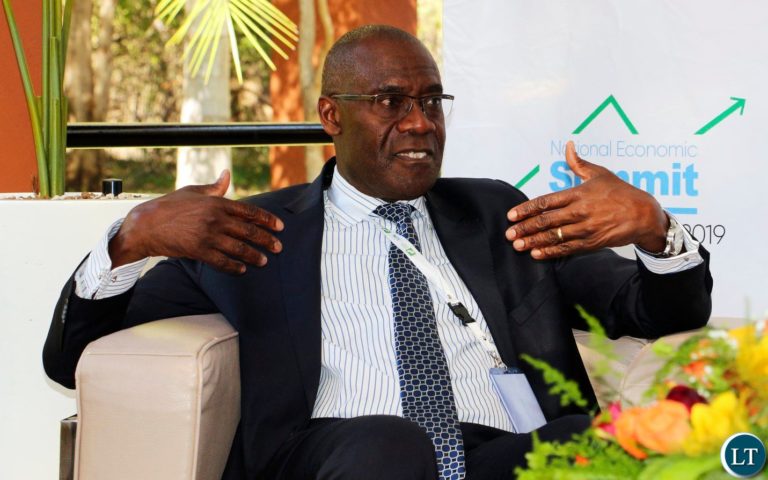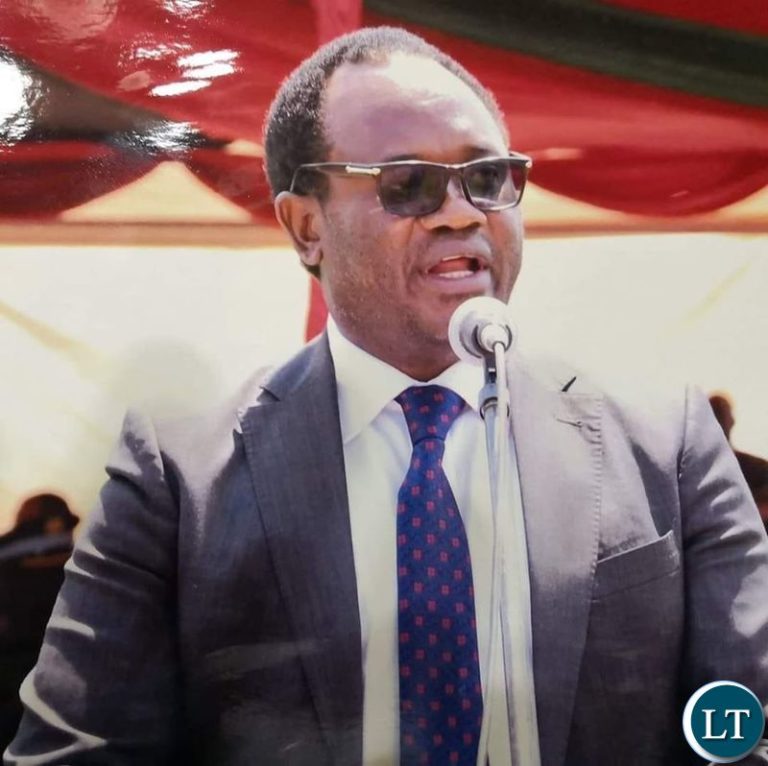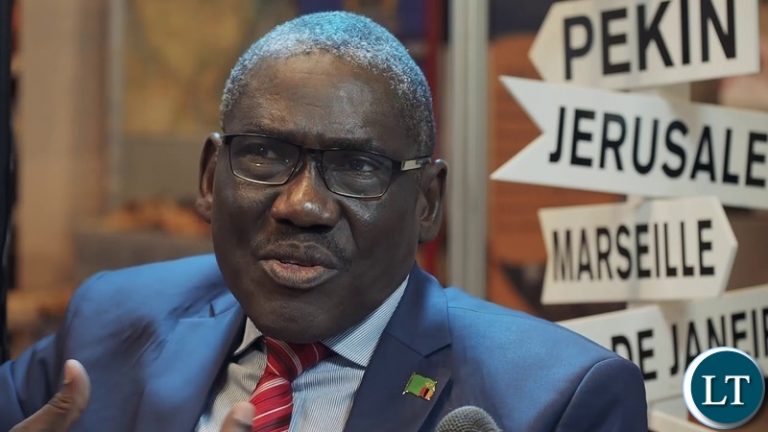By Kalima Nkonde
Story Highlights
-
- I want to see a greater participation of the Zambian people in this economy. This is 55 years after independence, we should be building our own roads, and we should be building our own bridges. ( Finance Minister, Dr. Bwalya Ng’andu February,2020 )
- The gold sector can be a cash cow but Government should slowdown and engage in a wide consultative process to ensure that Gold is able to contribute to macro-economic stability and poverty alleviation ( Webby Banda, Researcher at Centre for Trade Policy and Development)
- The first level in the Gold value is the extraction level, and it is one of the levels where we could empower artisanal Zambian miners and even encourage the formation of cooperatives. The second level is the small scale refining and processing of the Gold to make gold concentrate, we also have local capacity at that level.( Phesto Musonda, Sub Sahara Gemstone Exchange)
- Both economic theory and recent empirical evidence suggest that FDI has a beneficial impact on developing host countries. But recent work also points to some potential risks: Policy recommendations for developing countries should focus on improving the investment climate for all kinds of capital, domestic as well as foreign. (IMF’s Finance and Investment Magazine )
- I want Minister Banda to know that the behaviour by those Chinese businesspersons is unacceptable and illegal in this country. This lack of strong action or statement to defend Zambians against blatant Chinese racism and illegality on Zambian soil gives credence to those, who are saying that Zambia has, indeed, become a new Chinese colony (Former Labour Minister, Dr. Peter Machungwa)
In the past few weeks, the topical issue in Zambia has been about the discovery of Gold in Mwinilunga and other places and the reported Gold deal between a Sudanese company and ZCCM-IH. There has also been the hot issue of a few Chinese business persons’ lack of respect for the host country’s citizens and laws of the land. The two issues have inevitably brought in the hot debate as to where the Zambian government’s stand and allegiance lies in the light of its apparent muted reaction and appearance of taking the foreigners’ side.
In Zambia today, there is a growing perception that the Zambian government favours foreigners such as the Chinese, Lebanese etc instead of indigenous Zambians. This perception has been boosted and enhanced by the seemingly enforced apology by the Lusaka Mayor, Miles Sampa to the Chinese community after he had scolded some Chinese business people for discrimination and breaking the Zambian law. Most Zambians supported Mr. Miles Sampa’s action and were annoyed that he apologised.
The former Minister of Labour in the MMD government, Dr. Pater Machungwa was rightly annoyed by the government’s action through Minister of local government, Dr. Banda to force the Mayor to apologise to the Chinese community.
”I want Minister Banda to know that the behaviour by those Chinese businesspersons is unacceptable and illegal in this country. As Minister, he should have commended and supported his Mayor. In my view, those erring Chinese individuals should have been deported immediately to make them as examples to similarly-minded foreign investors. The fact that government has remained mute on the offending Chinese, and the fact that Mayor Miles Sampa was made to apologize to the Chinese for trying to protect Zambians against racist and illegal behaviour, speaks volumes about where the loyalty of government political leadership lies. So far, apart from Mayor Miles Sampa, I have not seen or heard any strong action by Dr Banda or any of his colleagues in government to condemn the racist and illegal behaviour by the Chinese in question. This lack of strong action or statement to defend Zambians against blatant Chinese racism and illegality on Zambian soil gives credence to those, who are saying that Zambia has, indeed, become a new Chinese colony and that the Zambian government leadership is tolerating such activities by some Chinese because they are eating with them”, Dr. Machungwa was quoted by News diggers newspaper.
Botswana passes law to reserve certain businesses for locals
While the Zambian government seems or is perceived to be safeguarding foreigners’ interests, in neighbouring Botswana, with effect from 1st June,2020, the government there has just passed a new law of Citizen economic empowerment which outlines that small and micro Enterprises (SMEs) are to be reserved for Botswana citizens(Batswana) only.
According to the new law, any industrial licence to operate any of the following manufacturing enterprises shall be reserved for citizens in terms of section 5 (5) (a) of the Act :Bread and Confectionery, Ice making, Meat processing, Peanut butter, Purification and bottling of water ,Traditional sour milk and Sorghum . In addition, a registration certificate to operate any of the following Manufacturing enterprises shall be reserved for citizens in terms of section 16 (2) (a) of the Act –Bricks, Bugler bars, gates and windows, Candles, Fencing material excluding gum poles; floor polishing, Packaging, Protective clothing, Roof trusses, School furniture, School uniforms; Screen printing and embroidery, Signage, including electronic signage, Traditional craft; and Traditional leather products. The law also lists other small sector activities that are to be 100% Batswana owned.
There is no suggestion that we should go full throttle the Botswana route but there are lessons to learn from them given their success in running their economy. One of the secrets of success in life is to practice moderation. Whatever is done to extremes does produce negative results in the end. There is no doubt that Zambia has gone to the extremes in terms of placating foreign investors’ interests which has left the citizens as spectators in their own country without owning anything meaningful. This undoubtedly can pose as a major political risk to whoever is in charge at any particular time in any country in the World and smart politicians quickly address such issues.
Zambian youths rebel against being gagged
In the light of recent events, Zambian Youth led by artists took to social media to register their complaints about the direction that the country was taking. They were scolded by Lusaka Province Minister Bowman Lusambo for expressing their views and criticising government. The result was that a youth Pandora’s Box was opened and no one knows where it will end. The government has been involved in some damage control but one wonders how effective they are, given that the action are reactive, knee jerk, ad hoc and not well thought out. I warned about the youth time bomb in my article due to unemployment. The approach of insulting and threatening them with police action when Youth complain is not a smart strategy. Related story:
Zambia’s untold story: High youth unemployment, a ticking time bomb as youth commits suicide
The 2015 Youth policy which President Lungu announced meant to create 500,000 should be looked at and seriously revisited for implementation. The Youth should also change their mindsets and not just sit back and expect things on a silver plate and things to change on their own. Related Article:
Zambian youths’ future doomed, they need mind-set change and become change makers
Zambia’s foreign obsession
When one analyses the causes of Zambia’s economic problems, they can by and large be summarized in three words abbreviated as LCF: “Leadership”, “Corruption”, and “Foreign”. One can easily write a thesis on all three. The issue of poor leadership and corruption have been talked about and litigated ad nauseam and so I will not talk about them. My gripe is the issue of foreign orientation and hero worshipping of foreign “investors” and anything foreign in Zambia. The views I express in my column are not out of the blue but are borne out of 30 years of experience and exposure spent outside Zambia;20 of which were as a foreign investor myself where I created jobs, paid taxes and transferred management and entrepreneurial skills through mentorship to the locals. I know how a foreign investor should behave first hand by ensuring that the host country also benefits from his investment. The relationship is supposed to be mutual and neither party should be pleading to the other and going cap in hand. In any self-respecting country, a foreign investor who disrespects the Citizens of the host country or disregards the laws of the land, does it at his own peril. You get deported, period! That is what I learnt in the three different countries that I lived in. And so when I see what is happening in my own country where foreigners in big and small businesses call the shots, abuse our people and the government gives the impression that it does not care, I cry for the current and future generations of Zambia.
In our country, there is just too much foreign orientation and focus: Foreign debt, foreign goods, foreign owned minerals, foreign owned malls, foreign banks, foreign owned businesses, foreign goods consumed, foreign language in homes by children( English) and the list goes on and on. The result is that at the psychological level, there is the unconscious development of inferiority complex and lack of confidence in our own stuff. At the material level, the result is nothing stays in the country to develop the country and create jobs. I challenge anybody to name a country that developed with such a model. Most foreigners will leave at some time sometimes without no notice. I am a living example and so is Anglo-American. It’s foolish to wholly depend entirely on them.
I have written extensively how we need to change our development model by having a proper balance in the promotion of foreign direct investment vs domestic investment. The evidence is overwhelming that the current model of the last 29 years – Since 1991 with introduction of market economy and privatisation – where foreign investors have been the main focus to the exclusion of Zambians has not worked. We need to emulate countries like Zimbabwe, Kenya and Nigeria who have developed indigenous industrialists and dollar millionaires and stop the practice of pulling down and victimising our entrepreneurs if they do not support the Party in power. Related story:
Why foreign direct investment not benefiting ordinary Zambians
We need to copy the Chinese model of handling foreign direct investment. And nearer home, we should study the recent Tanzanian model introduced by President Magufuli or even the way Botswana handles foreign investors where De Beers’ partnership with the country has literally built the entire infrastructure and developed the country through the exploitation of diamonds and not through foreign borrowings like we have tried to do.
Why Dr. Bwalya Ng’andu should be supported
There is, however, some silver lining in that the current Finance Minister, Dr. Ng’andu Bwalya seems to have realized that we need to adjust our development model by reducing the over dependency on foreigners and focus more on developing citizen entrepreneurs to ensure that funds are retained in the country for multiplier development effects.
“I want to see a greater participation of the Zambian people in this economy. As you know, we are a mining country but we don’t have Zambians who own mines or who have equity interest or financial interests in mining companies. This is something that has to change. This is 55 years after independence, we should be building our own roads, we should be building our own bridges,” The Minister lamented by the lack of participation and ownership of the economy by Zambians.
In one of my past articles, I had recommended to government that one of the best, practical and quickest way to create jobs and empower Zambians from foreign direct investment by Mining houses is through the supply chain by imploring the Mines to compel their captive Mines Suppliers abroad to relocate to Zambia.Related story:
Negotiate with Mining Houses: Jobs can be created, taxes raised, forex boosted by relocation of foreign suppliers.
Zambia’s current private and public procurement system accounts for billions of foreign exchange outflows and the exportation of jobs. If there was political will and interest to address this, positive results will be obtained in a very short while.
Recently, the Finance Minister, Dr. Bwalya Ng’andu has said that Zambia’s procurement system is flawed and needs to be overhauled. The Minister was reported by ZNBC that he does not support the current status where Zambians are being given 20 percent of road contracts while 80 percent is given to foreign contractors. He believes the procurement Act should instead prioritize Zambian contractors and he promised to take a bill to parliament to amend the Procurement Act. These are the type of bills we should be prioritising as they will create jobs and retain forex to benefit ordinary Zambians not Bill 10!
The Minister’s stance should be supported. But his immediate priority, however, should be to ensure that the gold issue is handled carefully by ensuring that it is controlled by the Zambian private sector but facilitated by the government from the outset. This is a current issue and should be easier to handle.
The discovery of gold is one that should be handled very carefully, not rushed and politicians should stay away. It offers the country an opportunity to build up reserves and service the debt if we retain the foreign exchange locally and avoid making the same mistake we made with copper, Emeralds and Mukula trees whereby the bulk of the money was flowing outside the country and we are exporting the raw material without much value addition through further processing.
Gold and precious minerals opportunity for economic recovery
As a starting point, Government needs to consult extensively with the players in the sector on what should be done with the gold. There are experienced people in the artisanal small scale mining sector like Mr. Phesto Musonda, the former President of Zambia trade fair, Dr. S. Mulenga, the Small Scale Miners Association and others. I have gathered through speaking to some of them that the sector has four different levels. The first level in the Gold value is the extraction level, The second level is the small scale refining and processing of the Gold to make gold concentrate, the third is the large scale processing level to convert the gold concentrate into gold Bullion and the fourth is the marketing level of selling the finished product, the Gold bullion and this is where Bank of Zambian comes in. There is need to develop strategies for the four different value chain levels.
Speaking in an interview, according to Mr. Phesto Musonda, an experienced Zambian in the industry, who with proper support could contribute immensely to the transformation of the sector; the best strategy to handle the gold mining sector is to strategize by looking at the sector’s value chain
“The first level in the Gold value is the extraction level and that is where we could consider empowering artisanal Zambian miners even through forming cooperatives. At this level, we need to ensure that Zambia has cash to buy from these small scale miners because even currently foreign players are buying from small scale miners and taking it outside the country with no benefit to the country.” Mr. Musonda Said. “The second level is small scale gold refining and processing and this again many Zambians have the capacity to undertake such activity through small refineries. These can feed into the yet to be established large scale precious metal plant to produce Gold Bullion. At the moment, Zambia has no precious metal processing plant and going forward these is the the initiatives that my company, Sub Sahara Gemstone Exchange is promoting so that we could partner with experienced foreign investors in the production of gold bullion which we can in turn sell to the Bank of Zambia to boost foreign exchange reserve and others.”
The Zambian government is well advised to take the discovery of Gold seriously as part of the strategy to economic recovery and not an opportunity for politicians to get rich. In fact, the government should relook at the entire Artisanal and Small scale mining (ASM) sector. ASM has been known to create wealth and jobs for many countries that cleverly harness the sector by formalizing it. According to the East Africa Research Fund, ASM gold and gemstone mining together earn Kenya about $500million per year and contribute 20% to Rwanda’s export. In Uganda, if ASM was to be formalized, it would increase GDP by 5%.
Conclusion
In conclusion, the Zambian government is well advised that they need to listen more to Zambians especially the youth with regard to the issue of the exploitation of the country’s resources, unemployment, rule of law, freedom of speech and other good governance issues. The PF administration needs to learn to be receptive to constructive criticism and take a leaf from former US Presidential candidate, Hillary Clinton’s memoirs, “Hard Choices” where she states that if you choose to be in public life, grow skin, as thick as rhinoceros and learn to take criticism seriously but not personally.
“Your critics can actually teach you lessons your friends can’t or won’t. I try to sort out motivation for criticism whether partisan, ideological, commercial, or sexist, analyse it to see what I might learn from it, discard the rest,” she rationalizes.
The top leadership in the PF should also learn from the recent quotation by the Mayor of Seattle Jenny Durkan when addressing United States President Donald Trump’s threat to send troops to stop peaceful protestors regarding the recent murder of George Floyd by the Police.
“One of the things this President will never understand is that listening to the community is not a weakness. It is a strength”, she was quoted by CNN.
In regard to the Chinese question, the Zambian government needs to find a solution to some of the Chinese nationals’ arrogance and racist behaviour and their penchant for disregarding Zambian laws with impunity. Zambia is currently a laughing stock in Africa with the way Chinese have become the UNTOUCHABLES. On the other hand, the Chinese government through their embassy, should seriously address and educate their nationals about their conduct in Zambia by respecting the host country’s citizens and adhering to the laws of the land. The Chinese should not expect Zambia and African countries to allow things that they, themselves do not allow at home in China including corruption. The Chinese investment laws are very stringent on foreigners and they should not expect that Africans will have an open door immigration policy towards China because of the loans they have lent to Africans.
Lastly, in view of the fact that the Ministry of Finance is preparing the 2021 Budget, I would like to invite them to review this article and the linked related articles and use them as a resource. It is my contribution to the 2021 Budgetary process. They may just get one or two ideas for job creation, revenue generation and economic recovery.
The writer is a Chartered Accountant by profession. He is an independent, non- partisan finance and economic commentator/analyst and a genuine Patriot.


